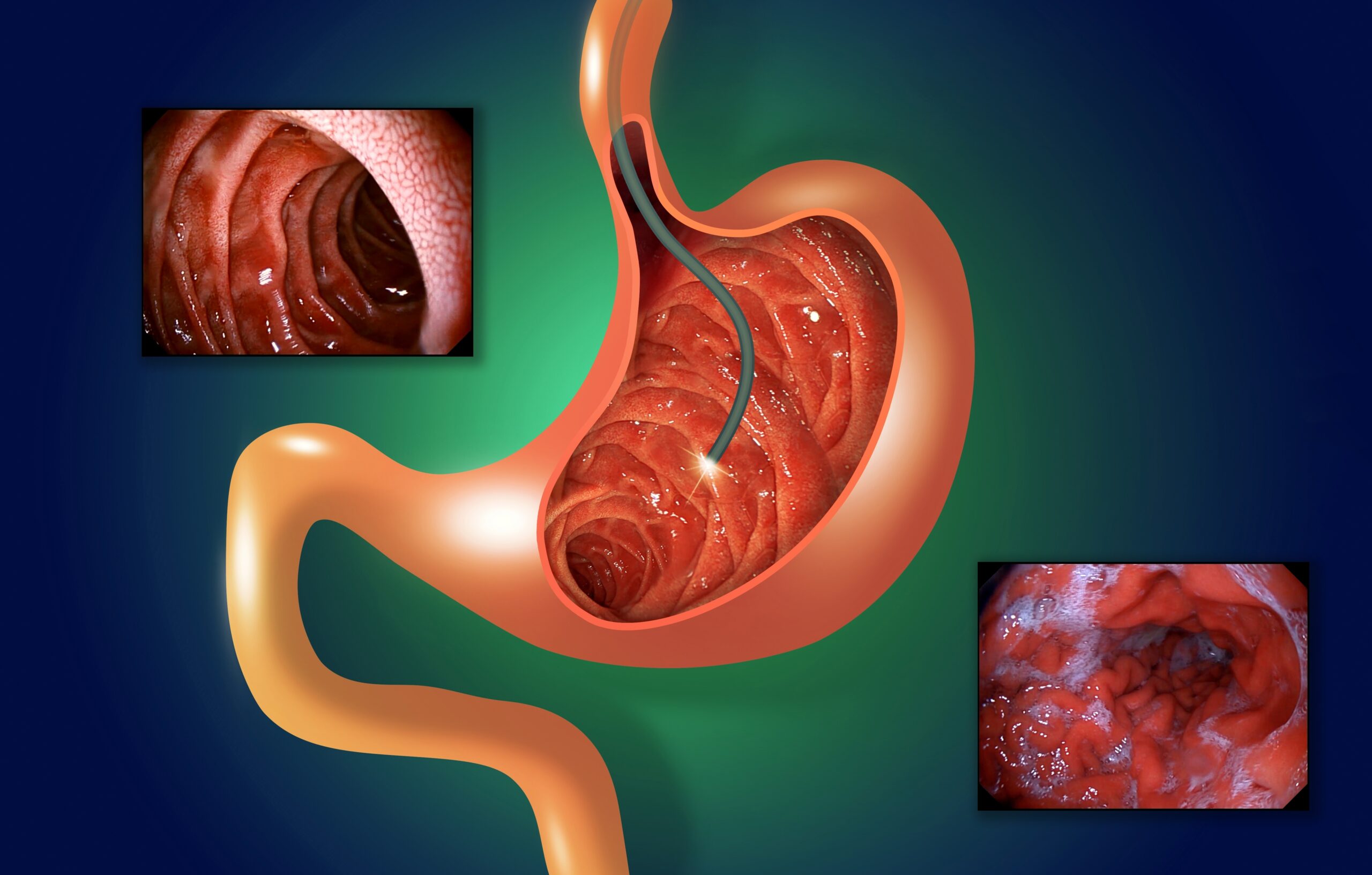Ambulatory endoscopy management strategies keep patients, finances healthy

Gastrointestinal (GI) endoscopy is one of the most common procedures in the US. Performed more than 17.1 million times per year in inpatient and outpatient hospital settings as well as ambulatory surgery centers (ASCs), GI procedures account for 68% of all endoscopies, according to a May 2022 article in Digestive…
Digital transformation and its impact on OR utilization

Over my 40-year career—after starting at the bedside in surgical intensive care, moving to emergency medicine, and then to perioperative services—I have been fortunate to progress into executive leadership positions in academic medical center health systems and community hospitals, consult with a top global advisory firm, and now work in…
Operationalizing a robotics program for evenings, weekends

The St Elizabeth Healthcare organization in northern Kentucky has eight facilities, including two surgery centers. The flagship hospital on the Edgewood campus has 534 beds and 22 ORs and typically performs some 14,000 surgical procedures per year. Robots help manage the volume. The Edgewood, Florence, and Ft Thomas hospitals have…
Challenges and best practices with strategizing flip rooms

Consider the following requests posed to OR scheduling staff by surgeons: • “I need two blocks in different rooms to accommodate my daily case volume.” • “Can’t I just use that empty room to start my next case while the first case is wrapping up?” Surgeon requests like these are…
Surgical volume changes during COVID-19
Editor's Note This study from Massachusetts General Hospital and Harvard Medical School, Boston, finds a severe decline in surgical procedure volumes across specialties during the peak of COVID-19, and after the peak and vaccine release periods, the overall volume did not fully recover. Of 129,956 surgical procedures analyzed during four…
Preventing culture shock with a new approach to block time
The passage of the Health Information Technology for Economic and Clinical Health (HITECH) Act in 2009 brought electronic health records (EHR) to the forefront, but the concept existed long before that. Larry Weed and Jan Schultz at the University of Vermont developed a preliminary system in the 1970s. In 2014,…
Machine learning models predict ambulatory surgery end time, PACU discharge
Editor's Note In this study from the University of California, San Diego, La Jolla, researchers developed a machine learning model that improved the ability to predict surgery end times and PACU discharge at a range of start times in an ambulatory surgery center (ASC). Of 13,447 surgical procedures analyzed, the…
Association of COVID-19 with disparities in access to major surgery
Editor's Note This study, led by researchers from the University of Rochester (NY) School of Medicine, finds that the early response to the COVID-19 pandemic did not increase disparities in access to major surgical procedures. Of 3,470,905 adults hospitalized for major surgical procedures at 719 facilities between January 1, 2018,…
Downstream effects of COVID-19 generated surgical backlog
Editor's Note Delayed elective surgical procedures because of COVID-19 resulted in more emergency department (ED) visits and the need for urgent interventions for gallstone disease but not inguinal hernias, this Canadian study finds. Researchers identified 74,709 elective cholecystectomies and 60,038 elective inguinal hernia repairs. During COVID-19 first and second waves…
Reducing OR time for elective procedures helps address staffing shortages
Editor's Note Reducing OR time availability at UPMC Presbyterian Hospital, Pittsburgh, by 15% helped address a 30% staffing shortage caused by COVID-19, according to a study presented January 29 at the American Society of Anesthesiologists’ ADVANCE 2022, the Anesthesiology Business Event in Dallas. A five-phase approach was used, which included:…

 Free Daily News
Free Daily News